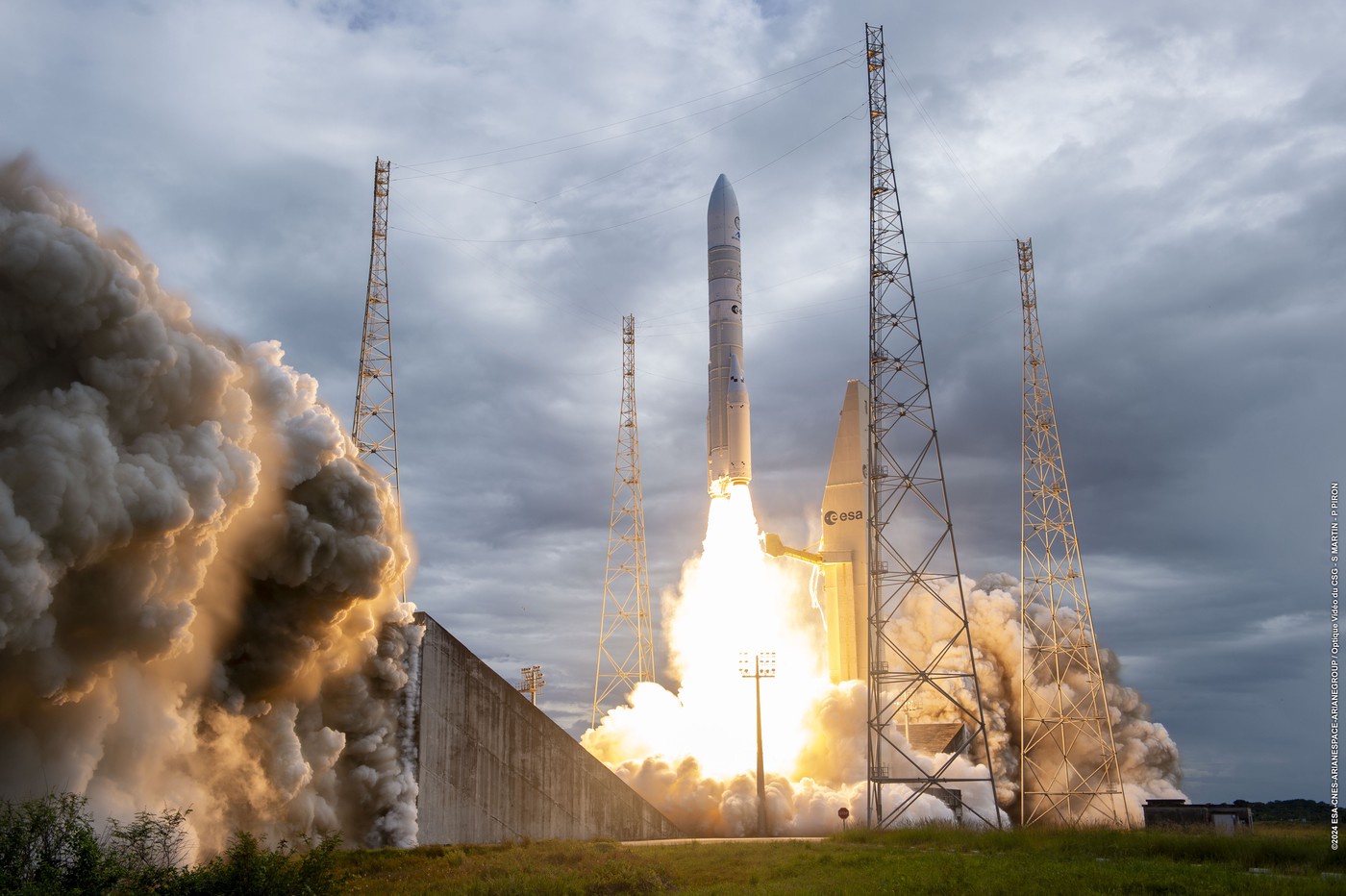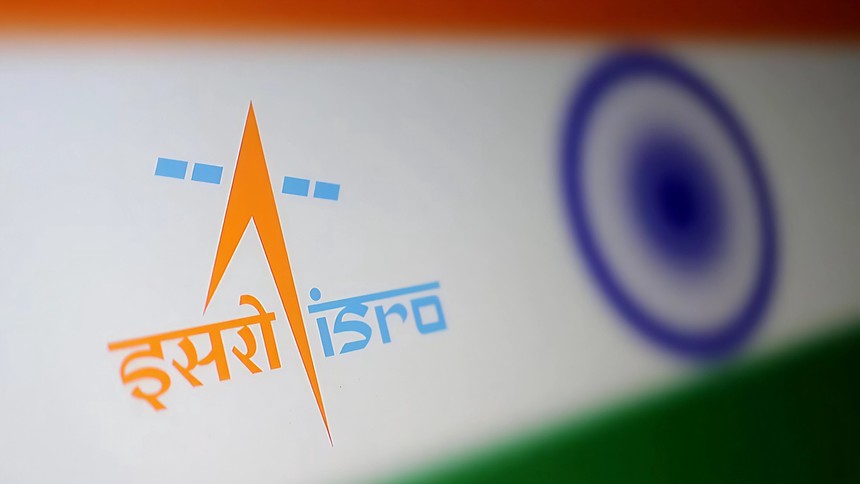Overview
Europe is set to launch the Ariane 6 rocket, operated by Arianespace, to reduce reliance on SpaceX for satellite launches. The launch is scheduled from French Guiana on Tuesday and aims to restore Europe's autonomous access to space.
Key Points
- Objective: Decrease dependence on SpaceX, which has been launching Europe's key satellites.
- Rocket: Ariane 6, developed by Arianespace.
- Challenges: Previous delays and malfunctions have hindered Europe’s space capabilities.
- Strategic Importance: Enhances Europe’s military and satellite independence.
Background
- Current Situation: SpaceX has filled the gap left by Europe’s stalled rocket programs, launching significant European satellites.
- Military Concerns: Europe’s reliance on SpaceX extends to critical areas like satellite communications, pivotal in conflicts such as the Ukraine war.
- Future Plans: France and Germany are divided on the path forward, with France pushing for continued support for Arianespace.
Technological Edge
- Reusable Rockets: SpaceX’s advancements in reusable rocket technology have placed it ahead of Arianespace.
- Ariane 6 Features: Promises competitive pricing and new technological benefits, though it remains a non-reusable vehicle.
European Space Strategy
- Government Stance: France remains a strong supporter of Arianespace, while Germany advocates for open competition within Europe.
- Contracts and Customers: Despite setbacks, Ariane 6 has secured future launches, including contracts with Amazon for satellite networks.
Conclusion
The successful launch of Ariane 6 is crucial for Europe to regain its footing in the space industry, reduce reliance on SpaceX, and support its strategic autonomy in satellite communications and military applications.














